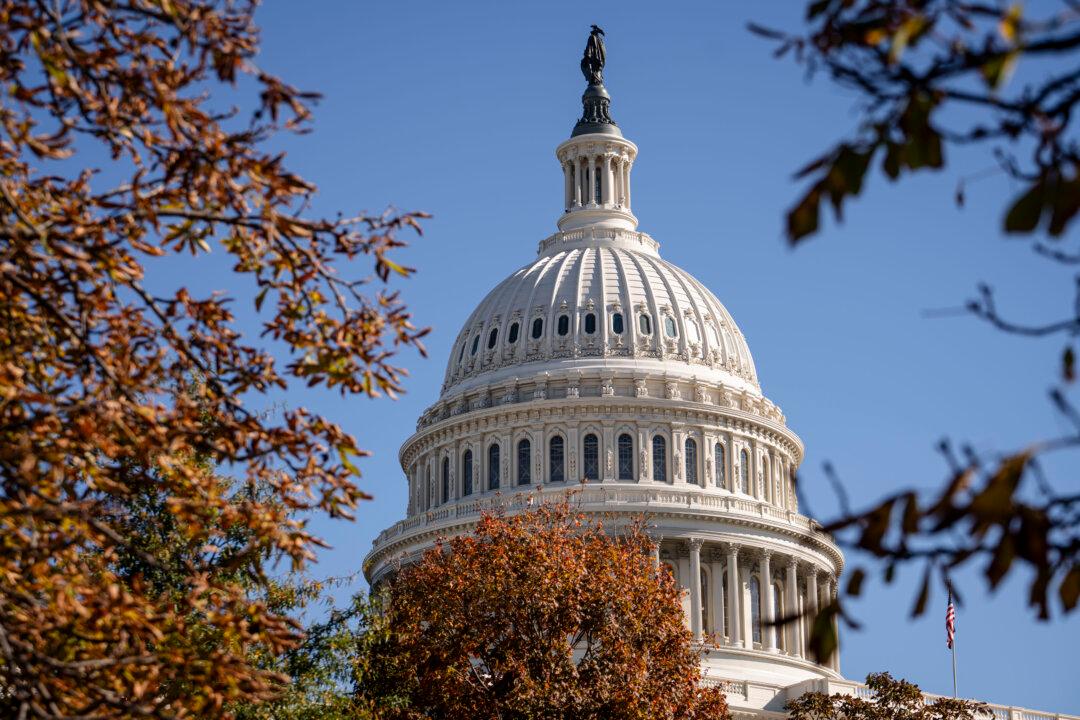WASHINGTON—Republicans are officially on track to retain their majority in the House of Representatives, handing the GOP control of the White House and both chambers of Congress in the new year.
At 10:30 p.m. on Nov. 13, The Associated Press (AP) projected that Republicans had won at least 218 seats, the minimum needed for a majority in the lower chamber. Nine other races remain too close to call. If current margins hold, Republicans will win 221 seats in the House to Democrats’ 214.





